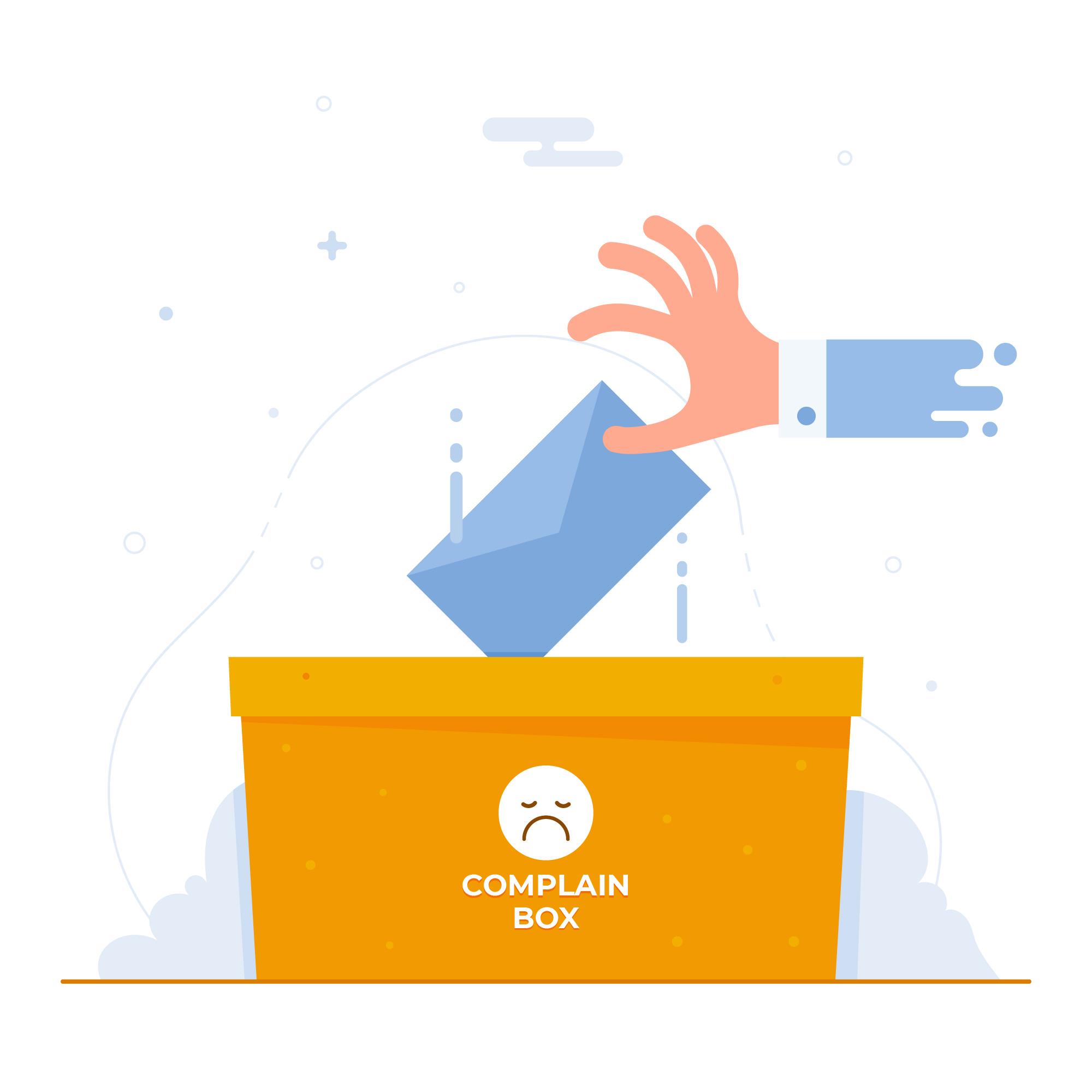What is an HR Audit? Unveiling the Essentials
In the fast-paced world of modern workplaces, staying ahead means more than just keeping up with trends—it requires a keen eye on the internal mechanisms that drive organisational success. Enter the HR audit, a powerful tool in the HR professional’s arsenal for navigating the intricate landscape of human resources.
What is an HR Audit?
An HR audit is a systematic and comprehensive examination of an organisation’s human resources policies, practices, and processes. It involves a meticulous review to assess the effectiveness, legal compliance, and overall alignment of HR functions with the goals and objectives of the organisation. The audit goes beyond routine checks; it is a strategic initiative aimed at optimising the management of an organisation’s most valuable asset—its human capital.
Key Components of an HR Audit
- Legal Compliance: An HR audit scrutinises HR practices to ensure compliance with local, state, and federal employment laws. This includes regulations related to labour, discrimination, workplace safety, and more.
- Policy and Procedure Evaluation: It examines the organisation’s HR policies and procedures for clarity, consistency, and adherence to industry standards. This includes the employee handbook, code of conduct, and other HR documents.
- Performance Management Assessment: The audit evaluates the effectiveness of performance management processes, including performance appraisals, goal-setting, and feedback mechanisms.
- Employee Relations Review: It assesses the state of relationships between the organisation and its employees, examining aspects like communication, conflict resolution, and the overall employee experience.
- Compensation and Benefits Analysis: An audit delves into the fairness and competitiveness of the organisation’s compensation and benefits structures. This includes salary scales, incentive programs, and employee benefits.
- Recruitment and Onboarding Practices: The audit evaluates the efficiency and fairness of recruitment processes, including hiring practices, onboarding procedures, and diversity initiatives.
Purpose of an HR Audit
The primary purpose of an HR audit is to ensure that the organisation’s HR practices are:
- Compliant with applicable laws and regulations.
- Aligned with the organisation’s strategic goals and objectives.
- Effective in attracting, developing, and retaining top talent.
- Promoting a positive and productive work environment.
The overarching goal of an HR audit is to ensure that HR practices align with organisational objectives and contribute to the overall success of the business. The specific purposes include:
- Legal Adherence: Confirming compliance with employment laws and regulations to mitigate legal risks.
- Risk Mitigation: Identifying and addressing potential risks and vulnerabilities in HR practices.
- Operational Efficiency: Streamlining HR processes to enhance efficiency and productivity.
- Strategic Alignment: Ensuring that HR strategies align with the organisation’s broader strategic goals.
- Continuous Improvement: Identifying areas for improvement and implementing changes to enhance HR effectiveness.
Are All HR Audits Created the Same?
No, not all HR audits are created the same. The scope and depth of an HR audit will vary depending on the size, complexity, and industry of the organisation. However, all HR audits should cover the following key areas:
- Recruitment and selection.
- Training and development.
- Compensation and benefits.
- Performance management.
- Employee relations.
- Recordkeeping.
Process of Conducting an HR Audit
Conducting an HR audit involves a systematic approach:
- Define Objectives: Clearly outline the goals and scope of the audit.
- Gather Information: Collect relevant data on HR policies, practices, and processes.
- Select Audit Type: Choose the type of audit that aligns with your objectives.
- Assess Compliance: Evaluate HR practices against legal requirements and industry standards.
- Identify Areas for Improvement: Pinpoint weaknesses and opportunities for enhancement.
- Implement Changes: Act on the findings by implementing necessary changes.
- Regularly Review: HR audits are not a one-time affair. Conduct them periodically for sustained effectiveness.
Benefits and Scope of HR Audits
The benefits of HR audits are as vast as their scope:
- Risk Mitigation: Address potential legal issues before they escalate.
- Enhanced Efficiency: Streamline HR processes for optimal operational efficiency.
- Improved Employee Relations: Resolve issues affecting the relationship between the organisation and its workforce.
- Strategic Planning: Use audit insights to inform strategic HR decisions and future planning.
The scope of an HR audit can vary depending on the organisation’s needs and priorities. However, some common areas of focus for HR audits include:
- Compliance with employment laws and regulations.
- Attraction and retention of top talent.
- Employee engagement and morale.
- Compensation and benefits administration.
- Training and development programs.
- Performance management practices.
- Employee relations and conflict resolution.
Who is Responsible to Conduct HR Audits?
The responsibility for conducting an HR audit can fall on either the organisation’s internal HR department or an external third-party consultant. The choice between internal or external audit depends on several factors, such as the organisation’s size, resources, and expertise.
Internal HR audits can provide a more in-depth understanding of the organisation’s specific HR practices and challenges. However, external consultants can bring a fresh perspective and expertise, particularly if the organisation lacks in-house HR expertise or has experienced significant changes or challenges recently.
HR audits are a valuable tool for organisations to ensure that their HR practices are compliant, effective, and aligned with their overall business goals. By conducting regular HR audits, organisations can mitigate risks, improve employee satisfaction, and enhance their overall business performance.
Find your dream job with DEIjobs. Sign Up here.
DEIjobs opens the door to a world of inclusive career possibilities. Connect with employers who value diversity, actively seeking candidates with disabilities, women, LGBTQ+ individuals, war veterans, and women on a career break. Seize the chance to propel your career forward – join DEIjobs now!




